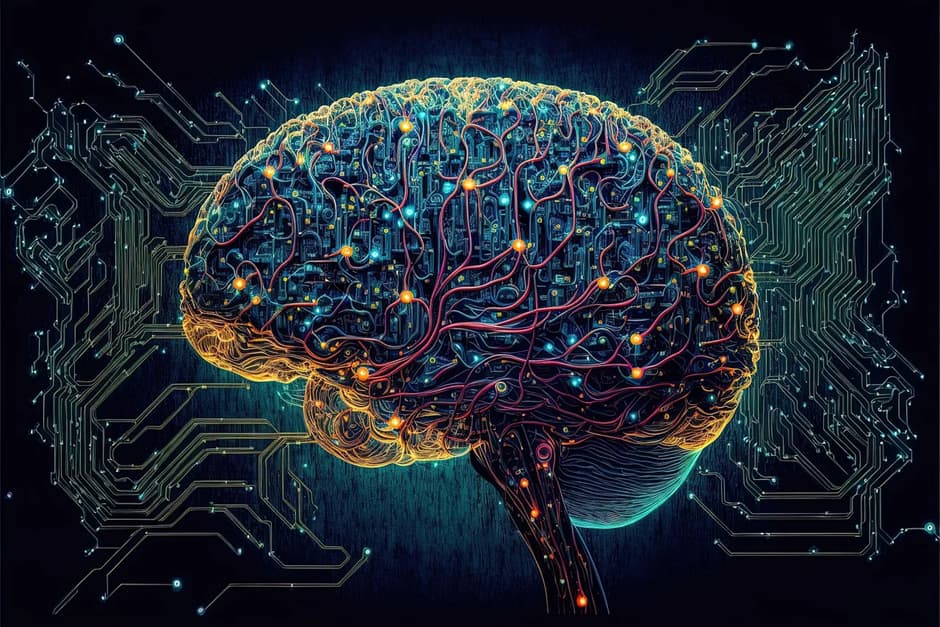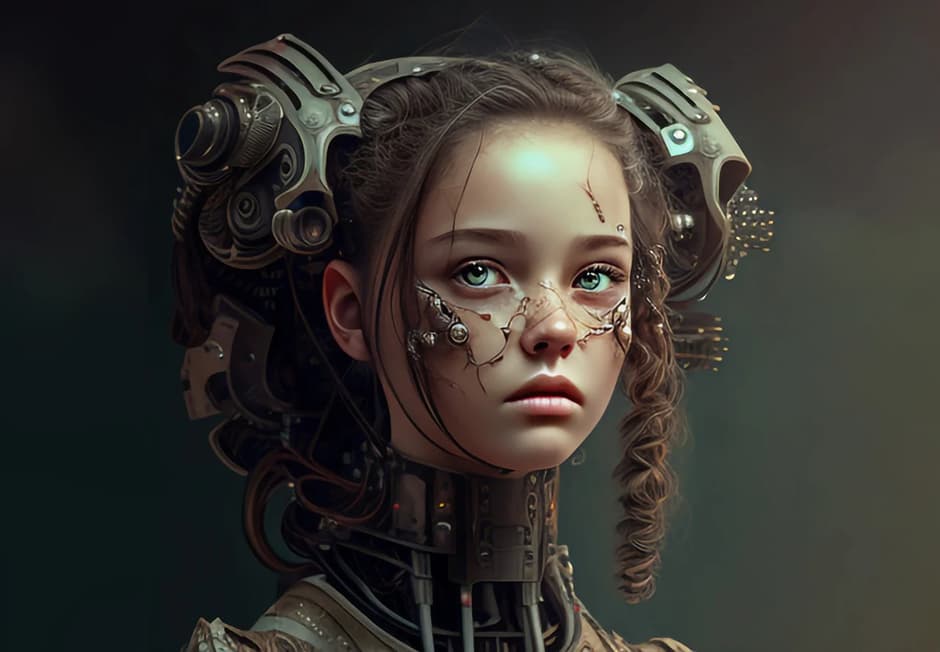The rapid advancements in artificial intelligence (AI) have ushered in a new era for non-playable characters (NPCs) in video games. No longer confined to scripted behaviours and limited interactivity, NPCs are evolving into complex entities that can adapt, learn, and contribute to more immersive gaming experiences. This article explores the pivotal role AI is playing in reshaping the future of NPCs, diving into how these changes are enhancing player engagement and transforming the gaming landscape.
The Evolution of NPCs: From Static to Dynamic
Historically, NPCs have served as static elements within games, often performing predetermined actions or delivering repetitive dialogue. These characters were designed to fill the game world, provide quests, or act as obstacles, but their behaviour was typically predictable and lacked depth. Players could quickly identify the patterns in NPC actions, which, while functional, limited the sense of realism and immersion in the game world.
The integration of AI is revolutionising this aspect of game design. Through machine learning and natural language processing, modern NPCs can now exhibit more dynamic behaviours, responding to player actions in ways that were previously unimaginable. Instead of following a set script, AI-driven NPCs can adapt their strategies, dialogue, and actions based on the player’s decisions, creating a more personalised and engaging experience.
One of the key advancements in this area is the use of AI for procedural generation of NPC behaviour. This technique allows NPCs to develop unique personalities, skills, and story arcs within the game, making each player’s experience distinct. For example, an NPC might remember past interactions with the player, altering their future responses based on these memories. This not only enhances the depth of the game but also increases replayability, as the game world feels more alive and responsive.
Enhancing Immersion Through Advanced AI Techniques

Immersion is a critical factor in the success of modern video games, and AI is at the forefront of creating deeper, more believable worlds. With the application of AI, NPCs are becoming more than just background characters; they are evolving into entities with their own motives, emotions, and intelligence.
AI-driven NPCs can now utilise advanced decision-making processes, allowing them to react to environmental changes and player actions with a level of sophistication that was previously unattainable. For example, in open-world games, NPCs can now navigate complex terrains, avoid obstacles, and make strategic decisions in combat, all in real-time. This level of autonomy adds a layer of unpredictability and challenge to the game, keeping players engaged and invested in the storyline.
Moreover, AI is enabling NPCs to participate in emergent storytelling, where the narrative evolves based on the player’s interactions with the game world. This approach contrasts with traditional, linear storytelling, where the plot follows a predetermined path. In games with AI-driven NPCs, the story can branch out in multiple directions, influenced by the player’s choices and the NPCs’ behaviours. This creates a more dynamic and interactive narrative, where players feel that their actions have a tangible impact on the world around them.
Additionally, natural language processing (NLP) is transforming how players interact with NPCs. Instead of selecting from a list of predefined dialogue options, players can now engage in more fluid, conversational exchanges with NPCs, who can understand and respond to a wide range of inputs. This advancement not only makes interactions more natural but also allows NPCs to provide more nuanced and contextually relevant information, further enhancing the sense of immersion.
Challenges and Future Directions
While the integration of AI into NPC development offers numerous benefits, it also presents several challenges. One of the primary concerns is the computational cost of running complex AI algorithms in real-time, especially in large, open-world games with many NPCs. Developers must find a balance between creating sophisticated AI behaviours and ensuring that the game runs smoothly on a wide range of hardware.
Another challenge is the ethical implications of AI-driven NPCs. As NPCs become more lifelike, there are questions about how these characters should be treated within the game. For example, should players be allowed to harm or exploit AI-driven NPCs that exhibit human-like emotions and intelligence? These ethical considerations will become increasingly important as AI technology continues to advance.
Looking forward, the future of NPCs in video games is incredibly promising. As AI technologies such as deep learning and reinforcement learning continue to evolve, we can expect NPCs to become even more autonomous, intelligent, and integral to the gaming experience. In the coming years, it is likely that we will see NPCs that can learn and adapt over time, not just within a single game session, but across multiple playthroughs, creating a truly personalised and evolving gaming experience.
In conclusion, artificial intelligence is playing a crucial role in transforming NPCs from static, predictable entities into dynamic, intelligent characters that enhance the overall gaming experience. By leveraging advanced AI techniques, developers are creating more immersive, interactive, and engaging worlds that captivate players in ways that were previously unimaginable. As AI continues to evolve, so too will the capabilities of NPCs, paving the way for a new era of gaming that is richer, more complex, and more lifelike than ever before.

